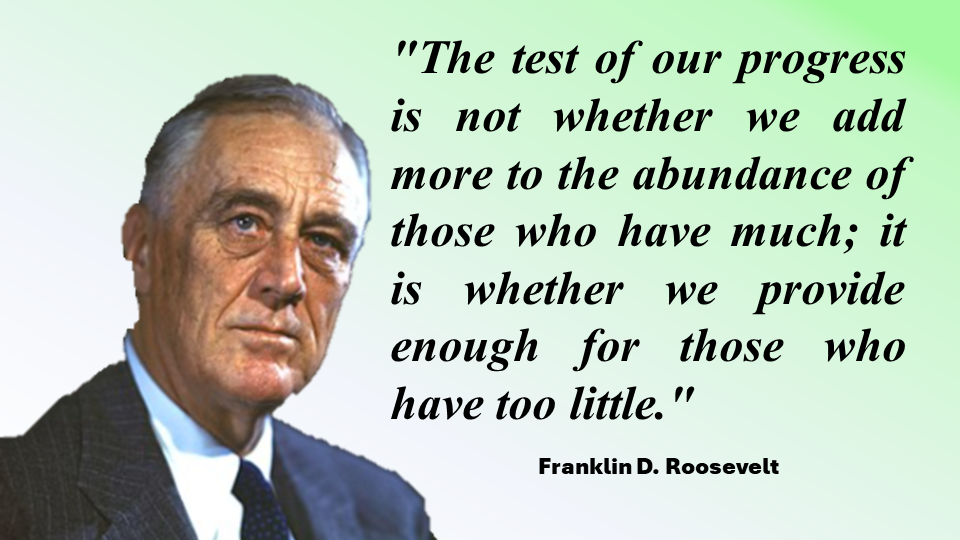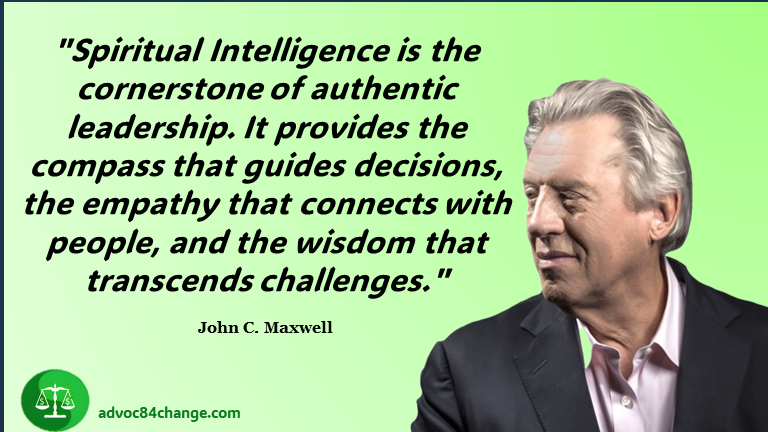Embracing Sustainable Principles
The Pathway to Transformative Leadership!
As we face a barrage of environmental, social, and economic crises, the urgency for integrating sustainable principles into our core systems has never been more pressing. The imperative lies not only in recognizing the need for change but also in actively embracing it. At the heart of this transformation is the cultivation of sustainable leadership—a leadership culture deeply rooted in principles that prioritize the well-being of both present and future generations.

The journey toward sustainable leadership begins with a commitment to adopt and prioritize sustainable principles across all facets of education, professional development, and leadership training. It’s a paradigm shift that calls for shedding outdated ideologies and structures that no longer serve us, and instead, embracing a holistic approach to global collaboration and sustainable development.
Central to this endeavor is the adoption of the 17 Sustainable Development Goals (SDGs), serving as a guiding framework for organizations and institutions worldwide. However, the true essence of sustainable leadership lies in the integration of ten core principles that underpin ethical, responsible, and forward-thinking decision-making:
Ten Sustainable Principles
- Rationality: Making decisions based on logic, evidence, and long-term consequences rather than short-term gains.
- Morality: Upholding ethical values and principles in all actions and decisions, guided by a sense of right and wrong.
- Inclusion: Fostering diversity and inclusivity to ensure that all voices are heard and represented in decision-making processes.
- Equity: Promoting fairness and justice by addressing disparities and ensuring equal opportunities for all individuals.
- Merit: Recognizing and rewarding individuals based on their skills, abilities, and contributions rather than factors such as race, gender, or socioeconomic status.
- Justice: Ensuring that all individuals are treated fairly and impartially, with access to legal and social protections.
- Integrity: Acting with honesty, transparency, and accountability in all interactions and transactions.
- Transparency: Providing clear and accessible information to stakeholders to foster trust and accountability.
- Empathy: Cultivating understanding, compassion, and sensitivity towards the needs and experiences of others.
- Conservation: Protecting and preserving natural resources and ecosystems for the benefit of current and future generations.

These principles serve as the cornerstone of sustainable leadership, guiding organizations and institutions towards responsible and ethical practices that prioritize environmental stewardship, social equity, and economic prosperity. By integrating these principles into policies, procedures, and decision-making processes, we can create a more sustainable and equitable world for all.
In conclusion, the path to transformative leadership begins with a commitment to embrace sustainable principles in all aspects of our lives and work. It’s a journey that requires courage, vision, and collective action, but one that holds the promise of a brighter and more sustainable future for generations to come. Let us seize this opportunity to lead with purpose, integrity, and compassion, and together, we can build a world where sustainability is not just a goal but a way of life.
Tony Redman
